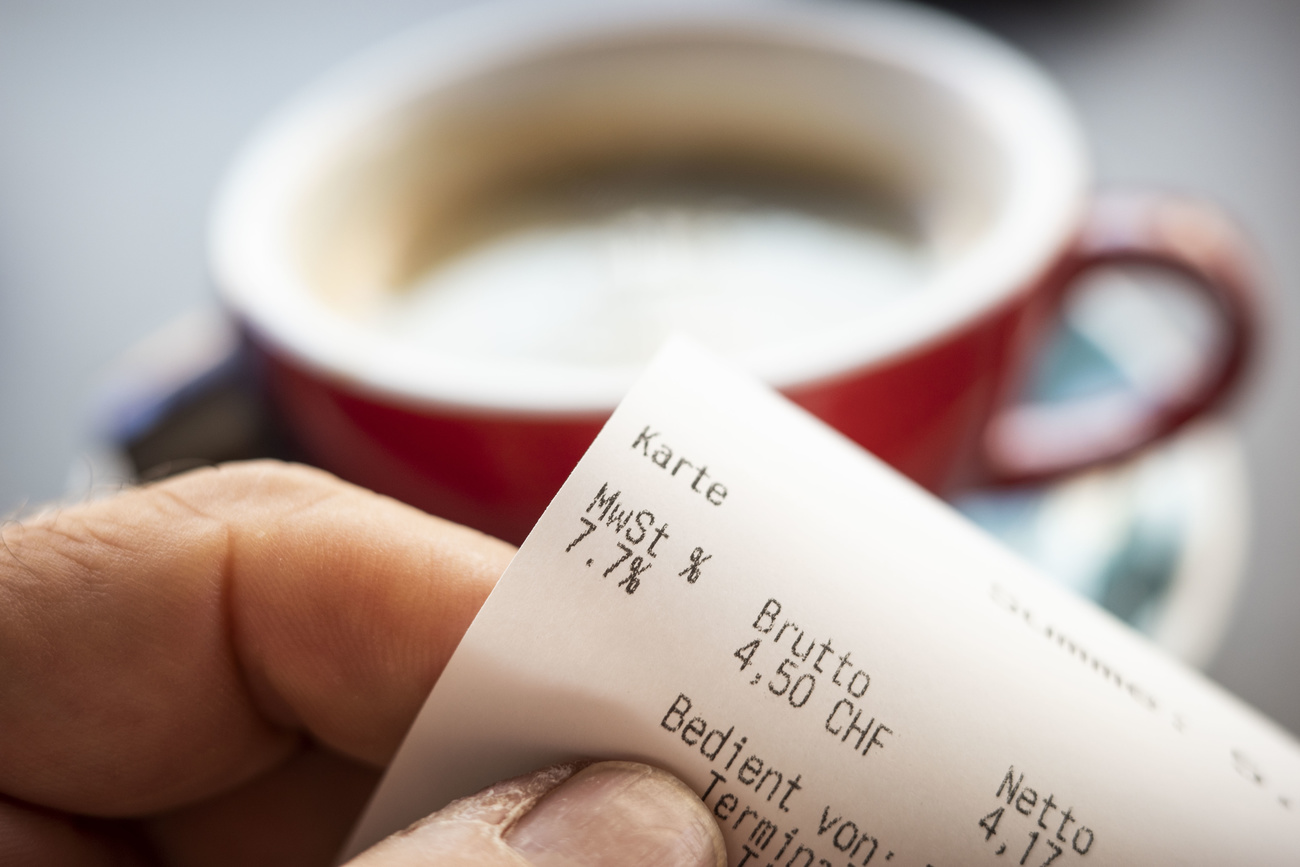
Companies increasingly pessimistic about Swiss economy

Chief financial officers (CFOs) are more pessimistic about the economic outlook for Switzerland than they were six months ago, according to a survey conducted by Deloitte for the second half of 2022.
However, a majority of the 127 managers surveyed believe that their companies will experience growth in the near future.
“The geopolitical situation and its direct and indirect consequences clearly influence the frame of mind within Swiss companies,” said the authors of the surveyExternal link published on Tuesday by accounting and consulting firm Deloitte.
The outlook for the Swiss economy over the next 12 months is “clearly rather dim”, it said. Six months ago, 22% of the CFOs surveyed were still assuming a significant decline in growth; in the current survey, this number is already at 37%. “This is an expression of concern but does not yet show an actual collapse,” the authors wrote.
The main cause of concern are the direct and indirect consequences of geopolitical developments: inflation, raw material and energy prices, bottlenecks in the supply chain and in energy supply. Germany and China are viewed with concern, too.

More
Swiss economy slows but stays in the black
Sales growth
Nevertheless, when it comes to the outlook for the next 12 months, a majority of 17% (44% positive, 27% negative, remainder neutral) continues to assume that their company will develop positively. A clear majority of respondents expect sales to continue to grow, but the trend for all company key figures surveyed is negative, compared to the spring survey.
According to Deloitte, on average the CFOs expected the Swiss National Bank to raise the key interest rate further to 1.3% in the next 24 months. “In this light, Swiss companies expect inflation to be above the target range, but comparatively moderate, at 2.4% in two years,” it concluded.

More
Inflation continues to bite in Switzerland

In compliance with the JTI standards
More: SWI swissinfo.ch certified by the Journalism Trust Initiative




























You can find an overview of ongoing debates with our journalists here . Please join us!
If you want to start a conversation about a topic raised in this article or want to report factual errors, email us at english@swissinfo.ch.